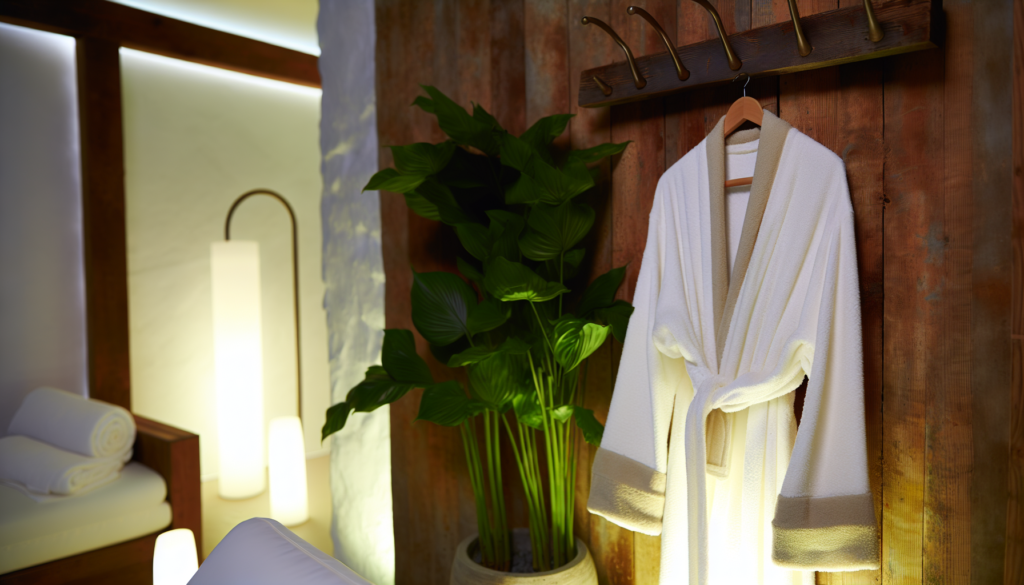The journey to achieving an even skin tone naturally is one that many of us embark on at some point in our lives. Whether you’re dealing with dark spots from past breakouts, sun damage from those beach days you forgot your SPF, or just the natural changes that come with aging—achieving that coveted glow isn’t just about looking good, it’s about feeling confident in your own skin. I’ve spent years testing different approaches, and I’m excited to share what actually works, without emptying your wallet or filling your bathroom cabinet with products you’ll never finish.
Understanding What Causes Uneven Skin Tone
Before diving into solutions, let’s talk about why uneven skin tone happens in the first place. Our skin is constantly responding to both internal and external factors:
Understanding these triggers helps you target the right solutions. You wouldn’t use the same approach for sun damage as you would for hormonal melasma, right? Now, let’s get to those game-changing tips!
1. Consistent Sun Protection Is Non-Negotiable
I can’t stress this enough—if you’re serious about evening your skin tone, sun protection isn’t just for beach days. UV rays are working on your skin even on cloudy days and through windows.
How to Do It Right:
Use a broad-spectrum SPF 30-50 every single day, rain or shine. And here’s something many people miss: reapplication matters! Set a reminder to reapply every two hours when you’re outdoors.
Look for physical sunscreens with zinc oxide or titanium dioxide if you have sensitive skin. They create a physical barrier rather than a chemical reaction.
Remember, sunscreen isn’t just preventing future damage—it’s giving your current hyperpigmentation a chance to fade without becoming darker. Think of it as pressing pause on the darkening process while your other treatments work their magic.
2. Incorporate Vitamin C Into Your Morning Routine
Vitamin C is that friend who shows up exactly when you need them. Not only does it brighten skin and fade hyperpigmentation, but it also boosts your sunscreen’s effectiveness.
Getting the Most from Vitamin C:
A little tingling is normal when you first apply it, but actual stinging means you should rinse it off and try a gentler formulation. Your skin should adjust within a week or two of consistent use.
3. Embrace Gentle Exfoliation—Without Going Overboard
Think of exfoliation as clearing away the roadblocks that prevent your brightening ingredients from penetrating properly. The key word here is “gentle”—harsh scrubs can cause micro-tears and actually worsen hyperpigmentation.
Finding Your Exfoliation Sweet Spot:
Chemical exfoliants like glycolic acid, lactic acid, or mandelic acid are generally more effective and gentler than physical scrubs. Start with once weekly applications, then gradually increase to 2-3 times a week as your skin adapts.
If you have sensitive skin or conditions like rosacea, try polyhydroxy acids (PHAs)—they’re larger molecules that don’t penetrate as deeply, making them less irritating but still effective.
And please, skip the lemon juice and baking soda DIYs you might see online! These can severely disrupt your skin’s pH and barrier function, creating more problems than they solve.
4. Hydrate and Repair Your Skin Barrier
A compromised skin barrier makes everything worse—more sensitivity, more inflammation, and paradoxically, more hyperpigmentation. Think of your barrier as your skin’s raincoat; without it, everything gets in and causes issues.
Barrier-Friendly Ingredients to Look For:
Pay attention to what your skin is telling you. If products sting when they didn’t before, or if your skin feels tight after cleansing, those are signs your barrier needs some TLC.
5. Include Plant-Based Brighteners in Your Routine
Mother Nature offers some incredible skin-evening ingredients that can work as well as synthetic options, often with fewer side effects.
Natural Brighteners Worth Trying:
These ingredients aren’t instant fixes—consistency is key. Think of them as nudging your skin in the right direction rather than forcing change.
Achieving an even skin tone naturally isn’t about quick fixes or miracle products—it’s about consistency with the right approaches. Remember that your skin is constantly renewing itself, which means you’re always getting opportunities for improvement. The tips we’ve discussed work with your skin’s natural processes rather than against them, which is why they deliver real results over time. Start implementing these changes today, be patient with the process, and you’ll gradually notice that your complexion becomes more radiant, more even, and healthier-looking. Your skin deserves this kind of thoughtful care, and the natural approach to evening skin tone will reward you with results that look authentic rather than artificial.







